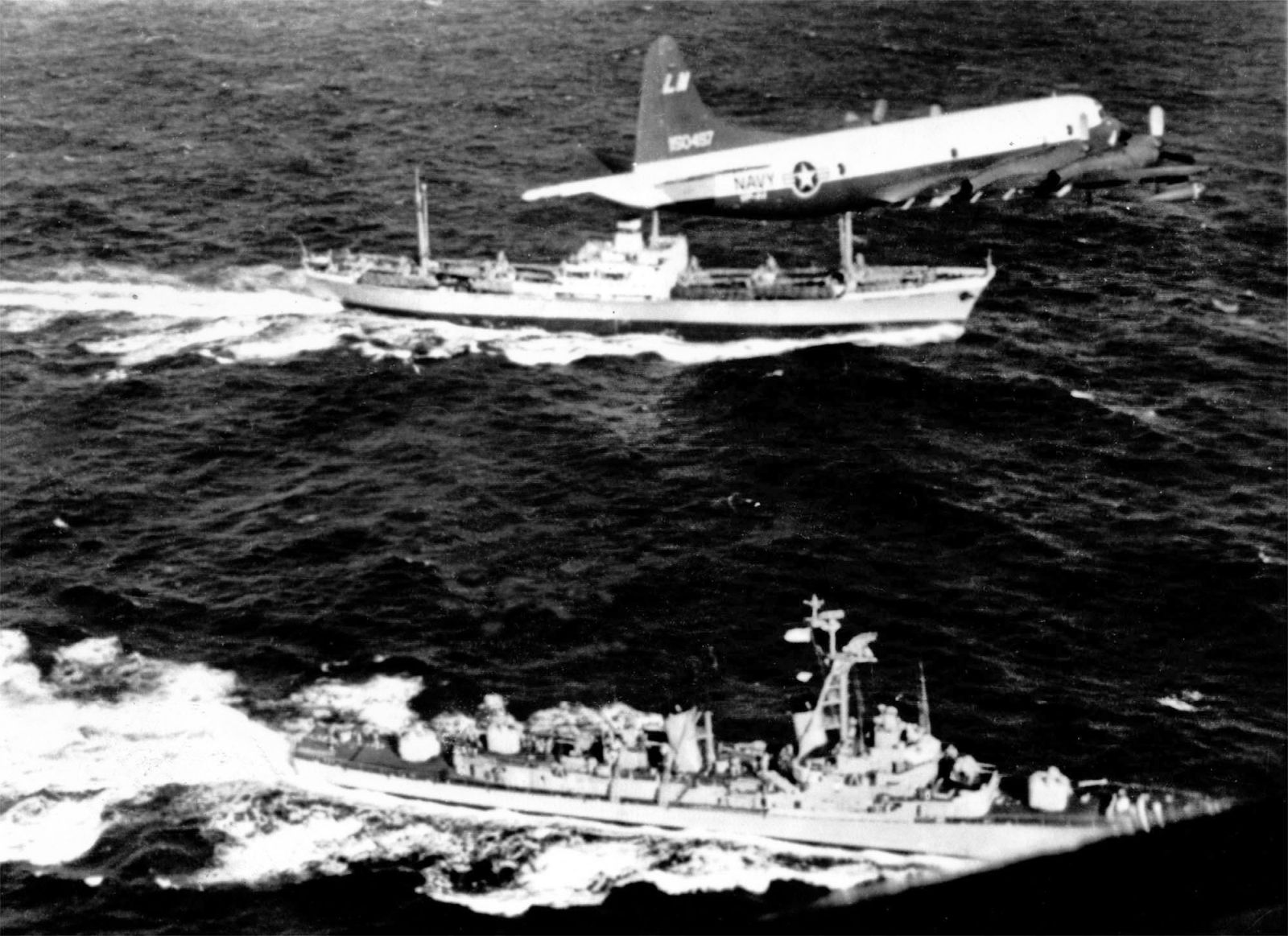The “little ice age” and Europe’s rise to global dominance
In the 16th century, global temperatures dropped by three to five degrees. The reasons are not well understood. Harvests failed, and the impacts on human life were devastating. In his book “Die Welt aus den Angeln”, Blom assesses what happened in Europe. The title literally means “The world unhinged”, but the translation is a bit misleading because the English term “unhinged” has the connotation of “lunatic”, while the German “aus den Angeln” basically means “in disorder”.
Blom describes a comprehensive transformation of society. The results included modern evidence-based science as well as globe-spanning imperialism. This transformation was not planned, but evolved as the result of various parties responding in different ways to the unfolding crisis. Blom does not argue that everything was caused by climate change, but that global cooling accelerated the relevant trends.
During the little ice age, winters were longer and colder than previously, and the summers were shorter, wetter and colder. Masses of people went hungry due to poor harvests. The fight for resources became more intense and fuelled conflicts, which were mostly coded in religious terms. People believed that God was angry, and dreadful sectarian wars between Protestants and Catholics plagued many European countries.
Cannons and other military innovations made warfare more expensive and more devastating. As weapons became ever more sophisticated and costly, warlords had to mobilise ever more resources, and economies became increasingly monetised. Engineering skills began to matter more than soldiers’ physical strength and courage.
New technologies did not only make arms more powerful. They also helped to make agriculture more productive. The potato was introduced from America and became an important staple food – not least, because soldiers could not destroy potato fields as easily as they could burn wheat fields. New approaches were taken in agriculture. Nonetheless, it took more than 200 years before Europe’s farms produced as much as they had done before the cold set in.
After decades of dreadful and unprecedented bloodshed in the 17th century, it was still not obvious which side God was supporting. All sides were suffering. Philosophers increasingly took interest in empirical evidence and spent less time with Bible studies. Scholars became keen on finding new solutions to worldly problems, whereas their predecessors had excelled in interpreting holy scriptures. Theology lost its grip on society and science began to thrive. It had become clear that the Bible was not the key to understanding everything in the world.
Grain was imported from the Baltics. Trade networks were extended and became ever more complex. The land-owning nobility lost influence while an urban bourgeoisie emerged. The urban elite prospered. Cities grew fast, as desperate people left rural areas, with most of them ending up in urban poverty.
In the longer run, technological progress and the new kind of economic thinking that developed in Europe in the 16th and 17th triggered the industrial revolution, as Blum argues. Ultimately, they resulted in the global capitalism we know today.
In Europe, the elites ultimately coped with the climate crisis successfully. Some of them had newly emerged, others were members of the long established nobility. They formed new alliances and built colonial empires. The price of Europe’s rise was paid by colonised people all over the world – as well as by Europe’s poor and downtrodden masses.
Blom shows that western enlightenment was driven by the crisis that climate change had triggered. He also makes it very clear that the new philosophy was double-edged. On the one hand, it spawned the notion of human rights, which he considers universally valid. On the other hand, many of Enlightenment’s proponents – including, for example, John Lock and Voltaire – personally benefited from colonial exploitation and the slave trade.
Blom shows convincingly that climate change can have far-reaching consequences. He insists, however, that today’s world is different. Unlike our ancestors of the little ice age, we do not need a scientific revolution to understand the climate change we are witnessing now. We even know what needs to be done to prevent the worst. The big question is: are our leaders, our institutions and systems of governance up to the challenge?
Philipp Blom, 2017: Die Welt aus den Angeln. München: Carl Hanser.
An English version is set to be published in September next year by Loveright/W.W.Norton (New York). The title will probably be ”The nightmare of reason”.












